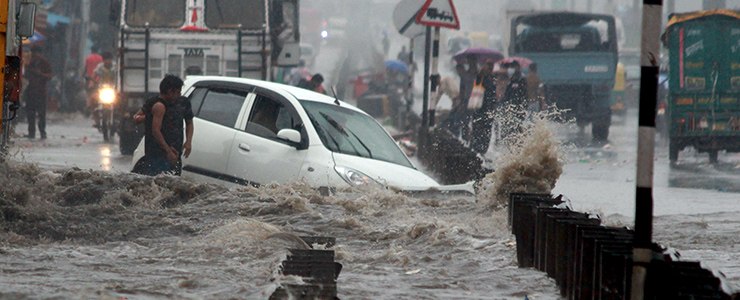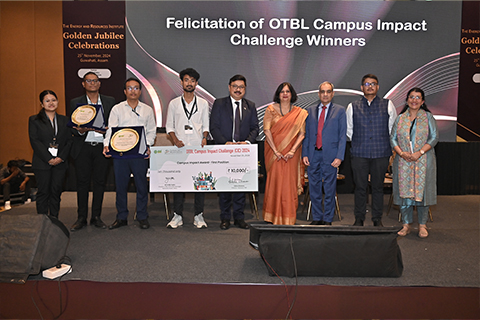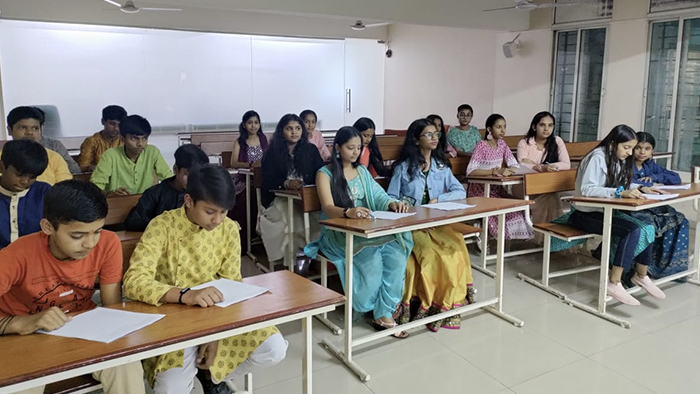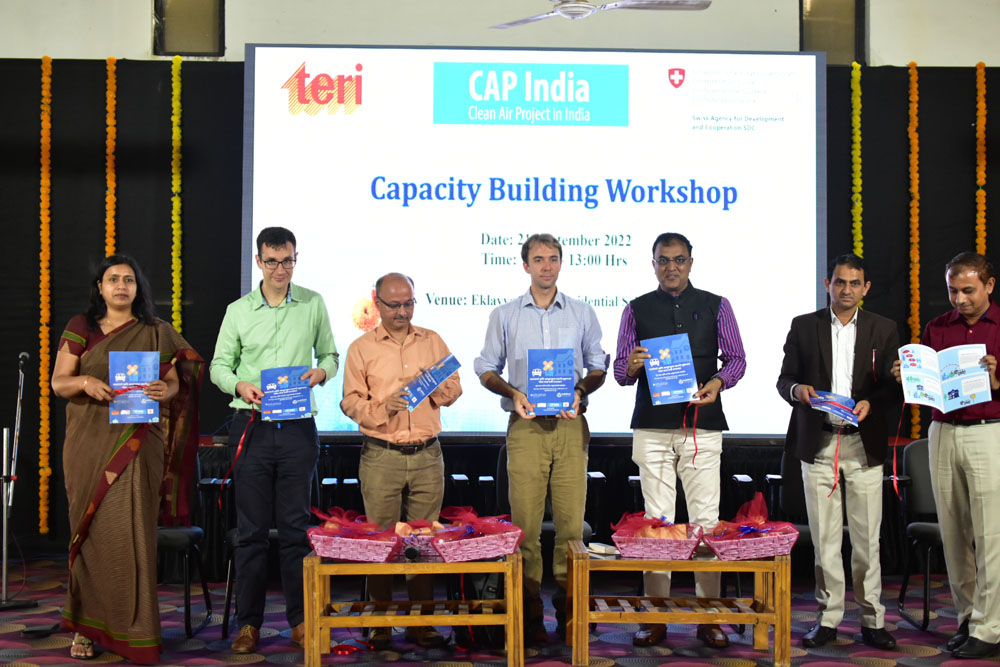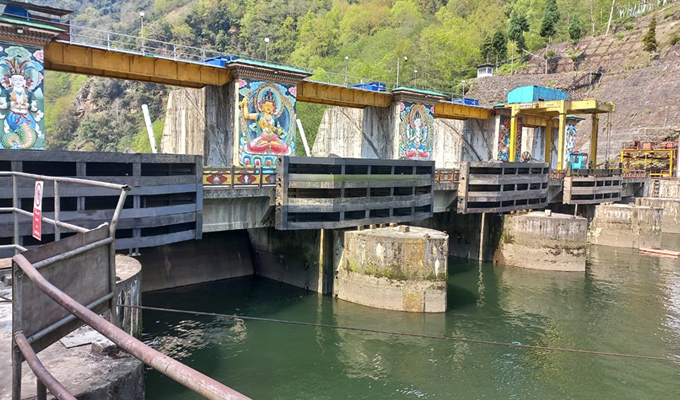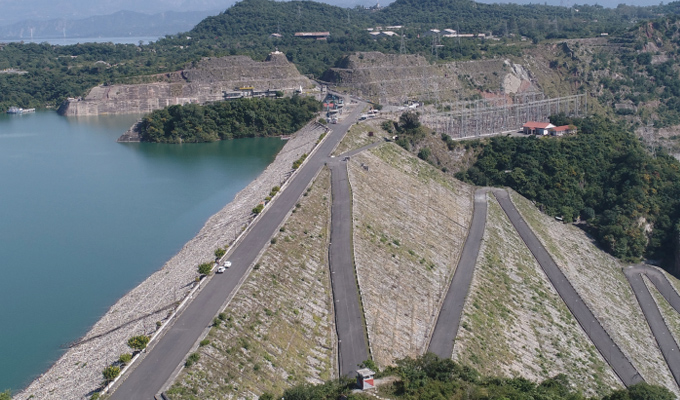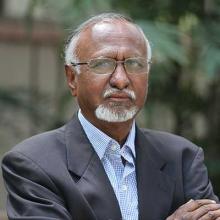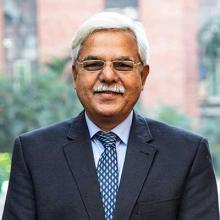India, UK, and France can be the new climate leaders
April 22, 2025
| Dr Vibha Dhawan, TERI; Ms Zerin Osho, IGSD
| Hindustan Times
The India-France-UK climate triad can work together to build coalition that not only advances their own climate goals but also offers a viable alternative to the wavering global commitment, says Dr Vibha Dhawan, Director General, TERI; Ms Zerin Osho, Director, India Program, IGSD.
Environmental activists urge Fadnavis to halt riverfront development project works
April 16, 2025 |
April 16, 2025
The Times of India
Citing a report by The Energy and Resources Institute (TERI), the activists warned that increased rainfall projected to rise by 15% to 37% due to climate change could worsen flooding risk if natural flow of rivers is restricted.
Turning the Tide: Global Partnerships and Sustainable Finance
April 14, 2025
| The Pioneer
As climate change intensifies and inequality widens, sustainable finance has become a critical lever for driving transformative change says Dr Manish Kumar Shrivastava, Associate Director, Earth Science and Climate Change Division, The Energy and Resources Institute (TERI).
WSDS 2025 calls for collaborative and inclusive approach for climate action
March 9, 2025 |
March 9, 2025
The Statesman
An urgent collective action, leading to partnerships among various stakeholders is the need of the hour to address the multifaceted challenges facing the world today, an international summit organised by The Energy and Resources Institute (TERI) here this week has underscored.
India most likely undercounting heat-related deaths: Former WHO chief scientist Soumya Swaminathan
March 8, 2025 |
March 8, 2025
The New Indian Express
Dr Soumya Swaminathan, former WHO chief scientist and Health Ministry advisor, stated on the sidelines of TERI's World Sustainable Development Summit in New Delhi that India is "most likely" undercounting heat-related deaths as a result of a lack of robust data. However, the government is currently enhancing surveillance to mitigate the health effects of extreme conditions.
Experts discuss sustainable military infrastructure and emerging techs
March 7, 2025 |
March 7, 2025
The Times of India
Experts from premier institutions including IIT Kanpur, IIT Bombay, IIT Hyderabad, IISD, CDRI, TERI, and BMTPC took part in the seminar on emerging technologies and sustainable infrastructure at Bhopal Military Station on 6 March 2025. The event was organised by The Indian Army and Military Engineering Services (MES), in collaboration with IIT-Kanpur.





